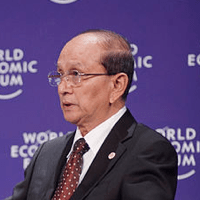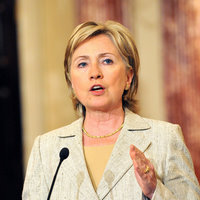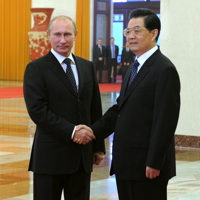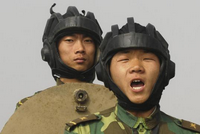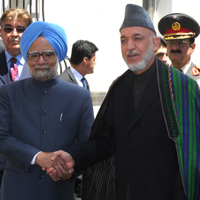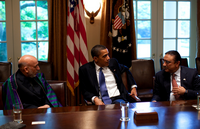
Last March, in a remote monastery in China’s southwestern province of Sichuan, a young Tibetan monk lit the spark that started a quiet but dramatic new revolt against Chinese rule in Tibet. The 20-year-old Phuntsog set himself on fire and later died of his wounds. His death subsequently triggered a wave of self-immolations among Tibetans, which has persisted despite China’s blunt efforts to smother the largely silent uprising. Compared to the boisterous protests unfolding throughout the world, the actions in the tiny town of Aba (Ngaba in Tibetan) near the border of the so-called Tibetan Autonomous Region are receiving minimal […]

